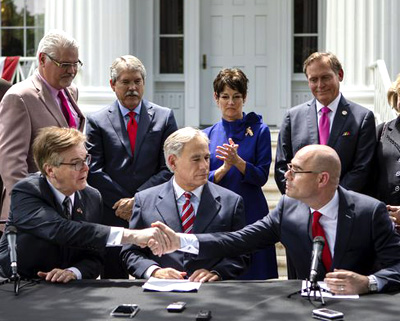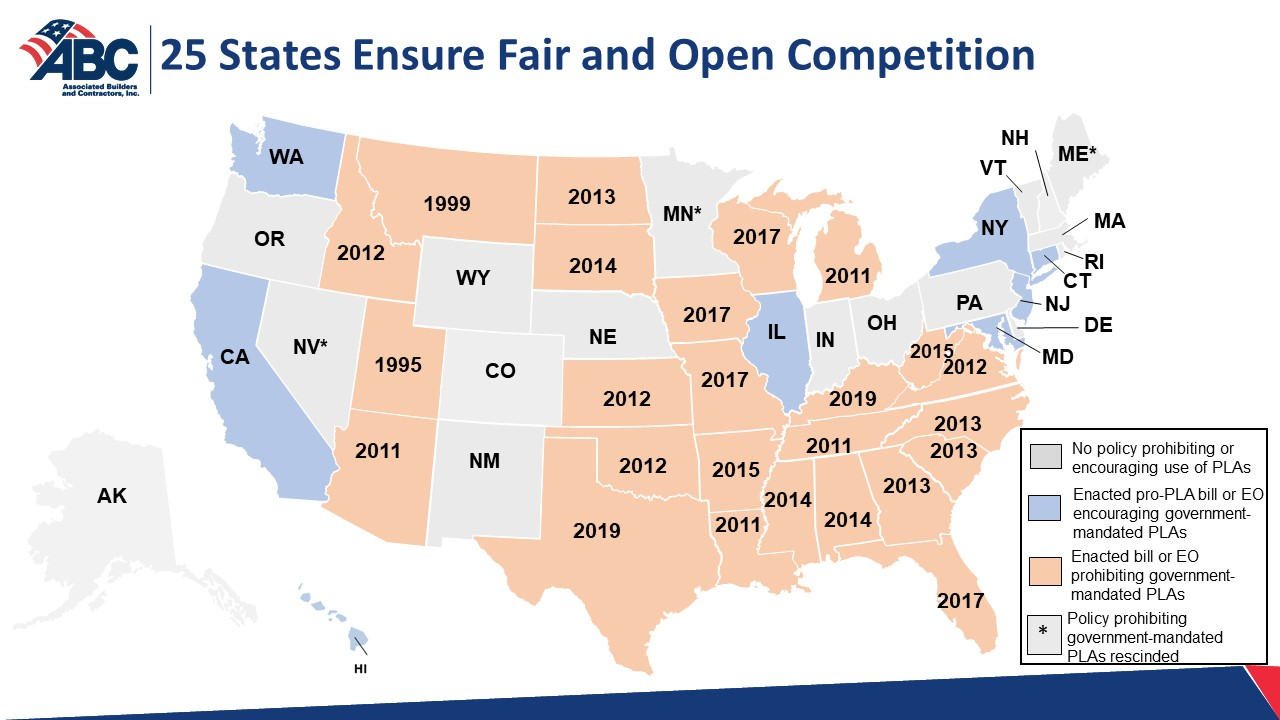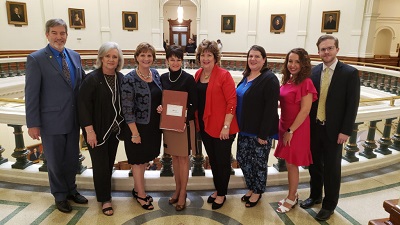Some Confusion After Changes Made to Proposed Ban on Government-Mandated Paid Sick Leave
A Texas Senate committee has signed off on a proposed ban on city ordinances that require private employers to provide paid sick leave to employees. But some last-minute changes to the proposal left business groups scrambling this past week to figure out what the exact impact of the legislation would be if signed into law.
As it was originally introduced, Senate Bill 15 would prohibit cities like Austin and San Antonio from requiring private employers to give paid sick time to employees. The issue came to a head in Texas when the Austin City Council last year passed an ordinance to require businesses to give employees one hour of sick time for every 30 hours worked up to 64 hours. Employers found to be in violation could face fines up to $500. San Antonio adopted similar regulations.
Sen. Brandon Creighton, R-Conroe, introduced a bill to ban such ordinances but he made some changes to the proposal right before testimony on the issue was to be heard in the Senate State Affairs Committee.
“A few local governments have adopted policies that place burdensome, expensive regulations on businesses in their communities,” Creighton said. He argued that rather than a patchwork of varying rules across the state from city to city, employers need consistency in the regulatory environment.
Here's one of the main sticking points about the new version: The original bill steered clear of nondiscrimination ordinances, or NDOs, because chambers of commerce and others argue protections for the LGBT community are good for business. Sen. Creighton, apparently bowing to pressure from Lt. Governor Dan Patrick removed the language that says nondiscrimination ordinances will not be affected.
Six major Texas cities – Austin, Dallas, El Paso, Fort Worth, Plano and San Antonio – have passed nondiscrimination policies for workers and contractors.
“The Lt. Governor may have put aside ‘the bathroom bill,’ but he is still coming after LGBTQ Texans. Dan Patrick’s fingerprints are all over this stealth attack,” said Samantha Smoot, interim executive director of Equality Texas. “The new language would leave nearly six million Texans currently protected by non-discrimination ordinances vulnerable. LGBTQ Texans and allies fought hard for these protections and we intend to fight to keep them intact,” Smoot said.
Indeed, multiple sources indicate that the Senate’s presiding officer faced pressure to eliminate protections for nondiscrimination ordinances from groups like Texas Values. It’s a group that argues offering protections for LGBT people is tantamount to “banning the Bible.”
Some business groups argued the changes by Sen. Creighton still would not prohibit cities from adopting nondiscrimination ordinances.
But others, like the Greater Austin Chamber of Commerce, were concerned that the bill now does not specifically say that cities can do so.
Chamber Vice President Dana Harris read a brief statement to the committee, emphasizing that the group supports the concept of consistent employment regulation across the state. She also said, though, that any language aimed at eroding the city’s nondiscrimination ordinance would be a non-starter. Nondiscrimination protections matter to Austin business, Harris said.
The bill is also a little broader than simply banning the paid sick leave ordinances.
Under the proposal, a city also cannot ban private employers from running criminal background checks on potential employees. Austin’s Better Builder ordinance, which requires private developers to follow worker protection standards on jobsites, also appears to be in danger if this bill becomes law.
Gov. Greg Abbott has offered his full-throated support for the legislation, saying at a business luncheon that "Paid sick leave, for a lot of businesses, is a great strategy. It can be a recruiting tool…but it should be exactly that. It should be an option chosen by the business based on their strategy of what they want to do, as opposed to a government mandate."
The House version of the bill, House Bill 1654 by Rep. Craig Goldman, is on track to receive a hearing in the Texas House State Affairs Committee. A date for that has not yet been set.
If the House and Senate pass different versions of the legislation, a conference committee including members of both legislative chambers can be appointed to hammer out the differences before the end of the legislative session at the end of May.






